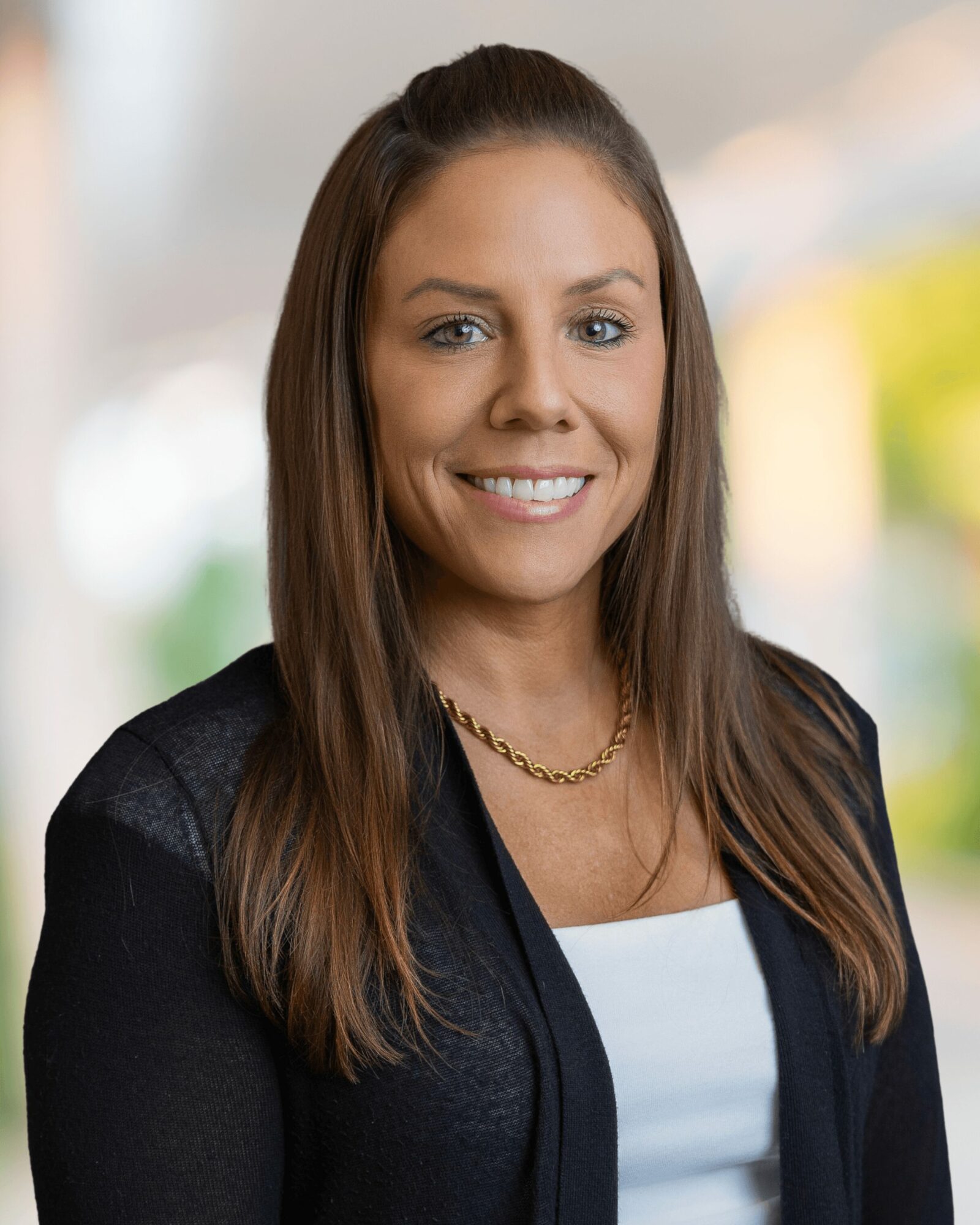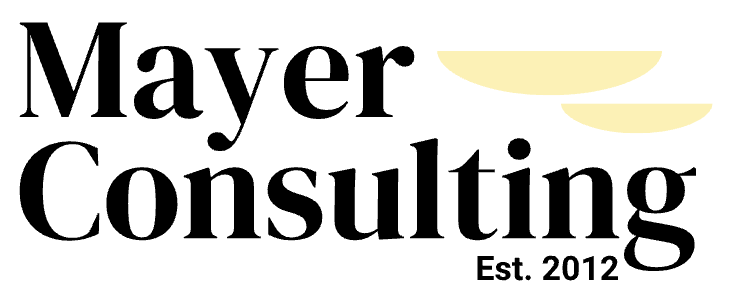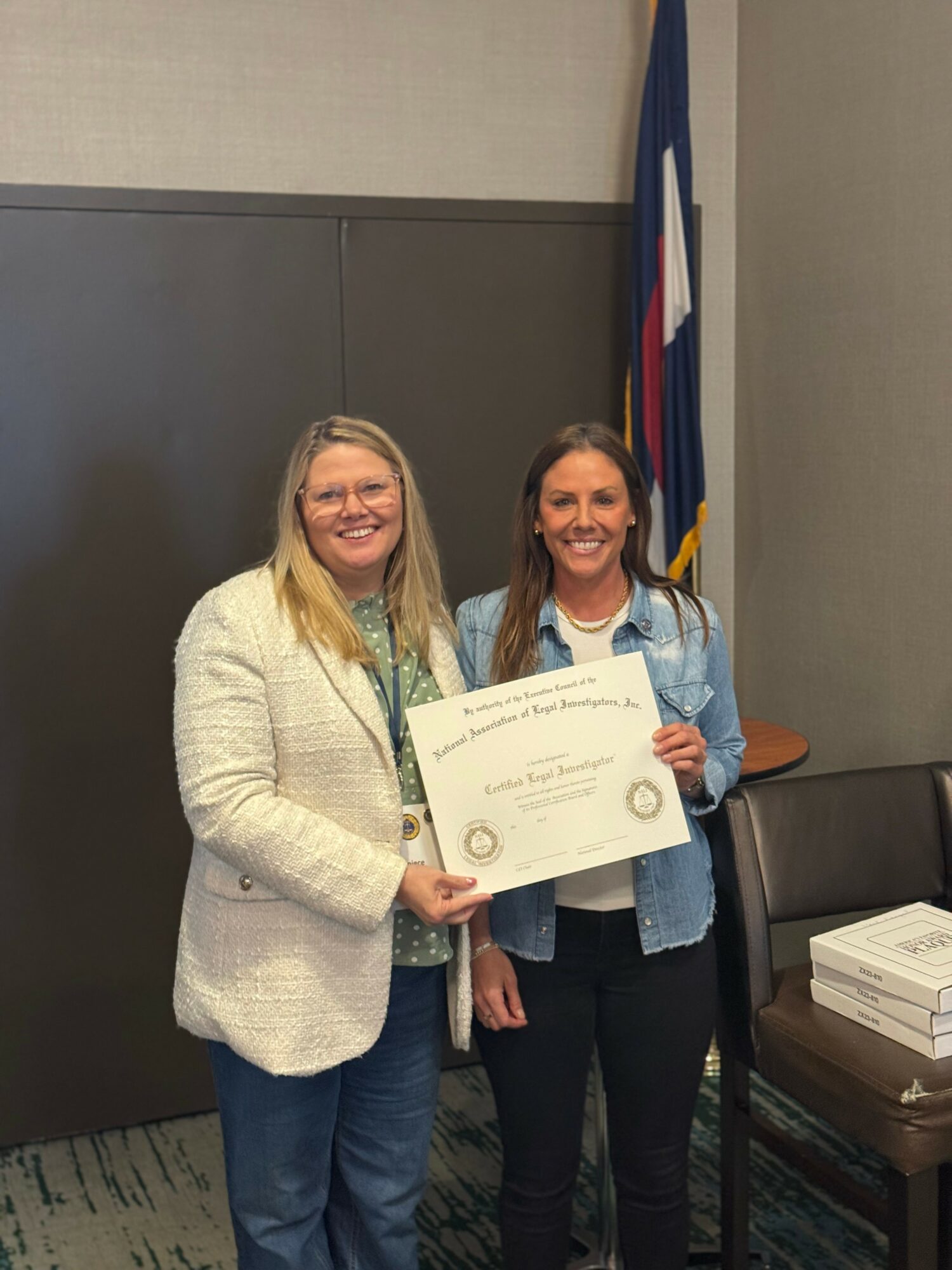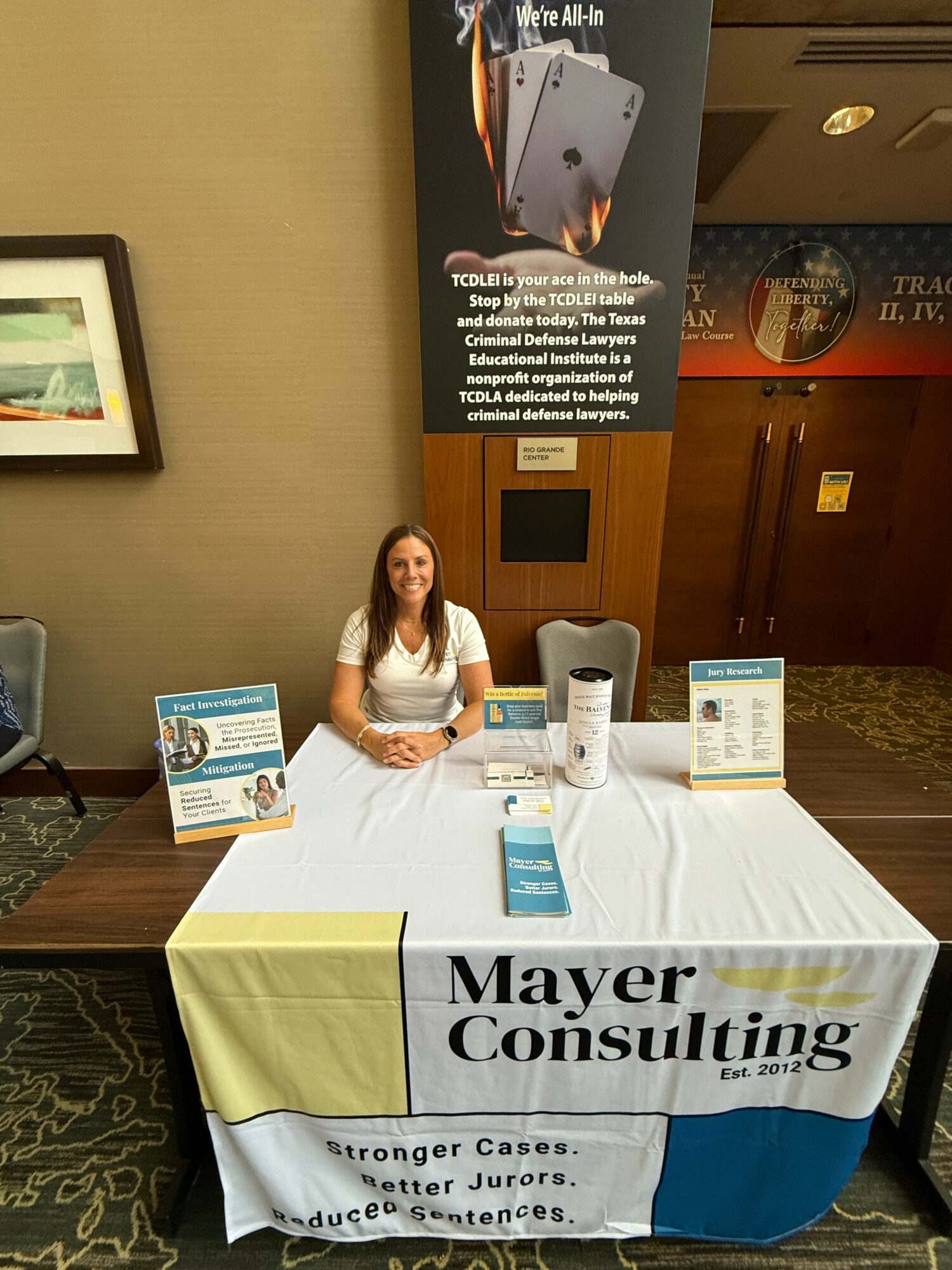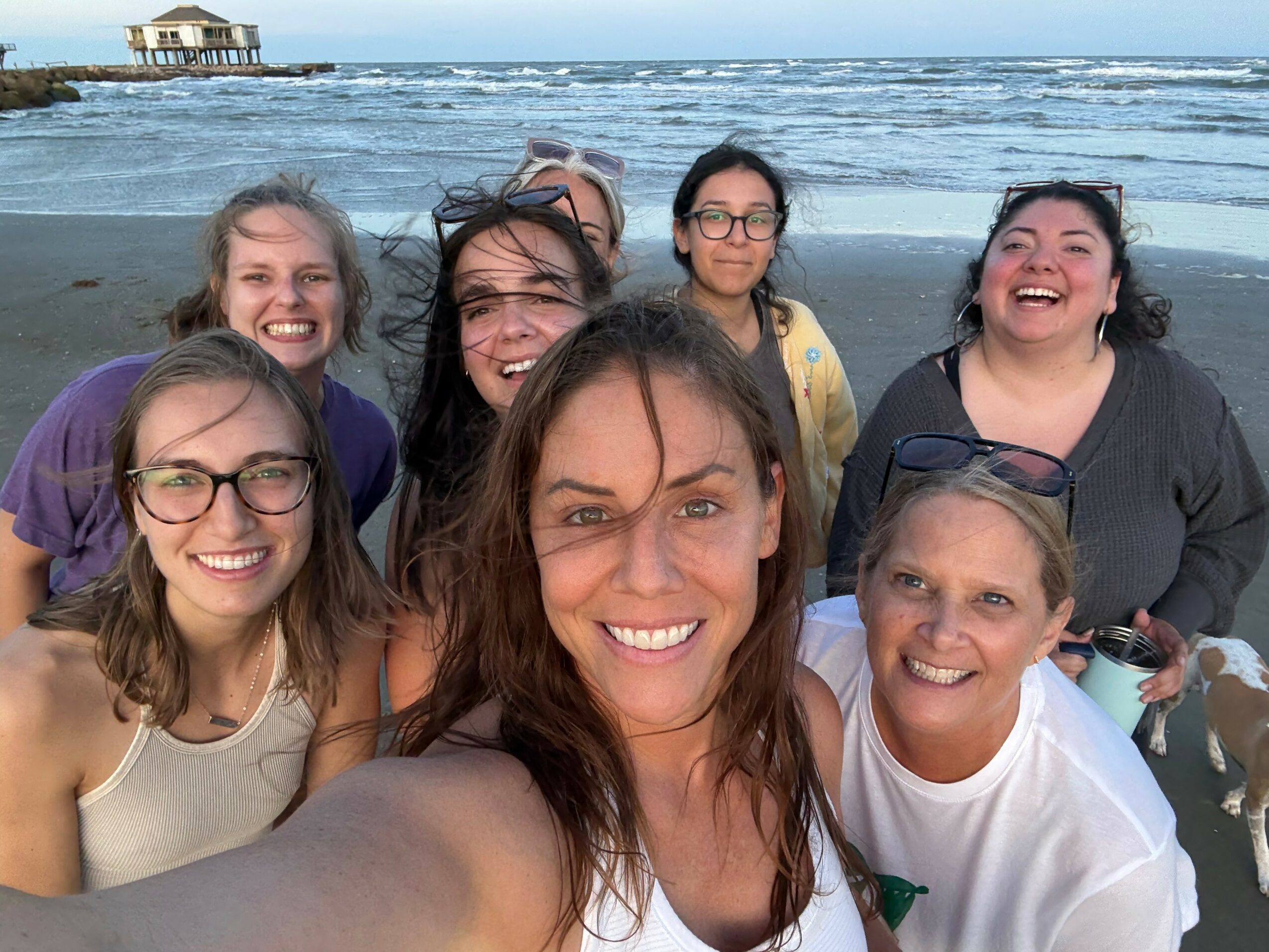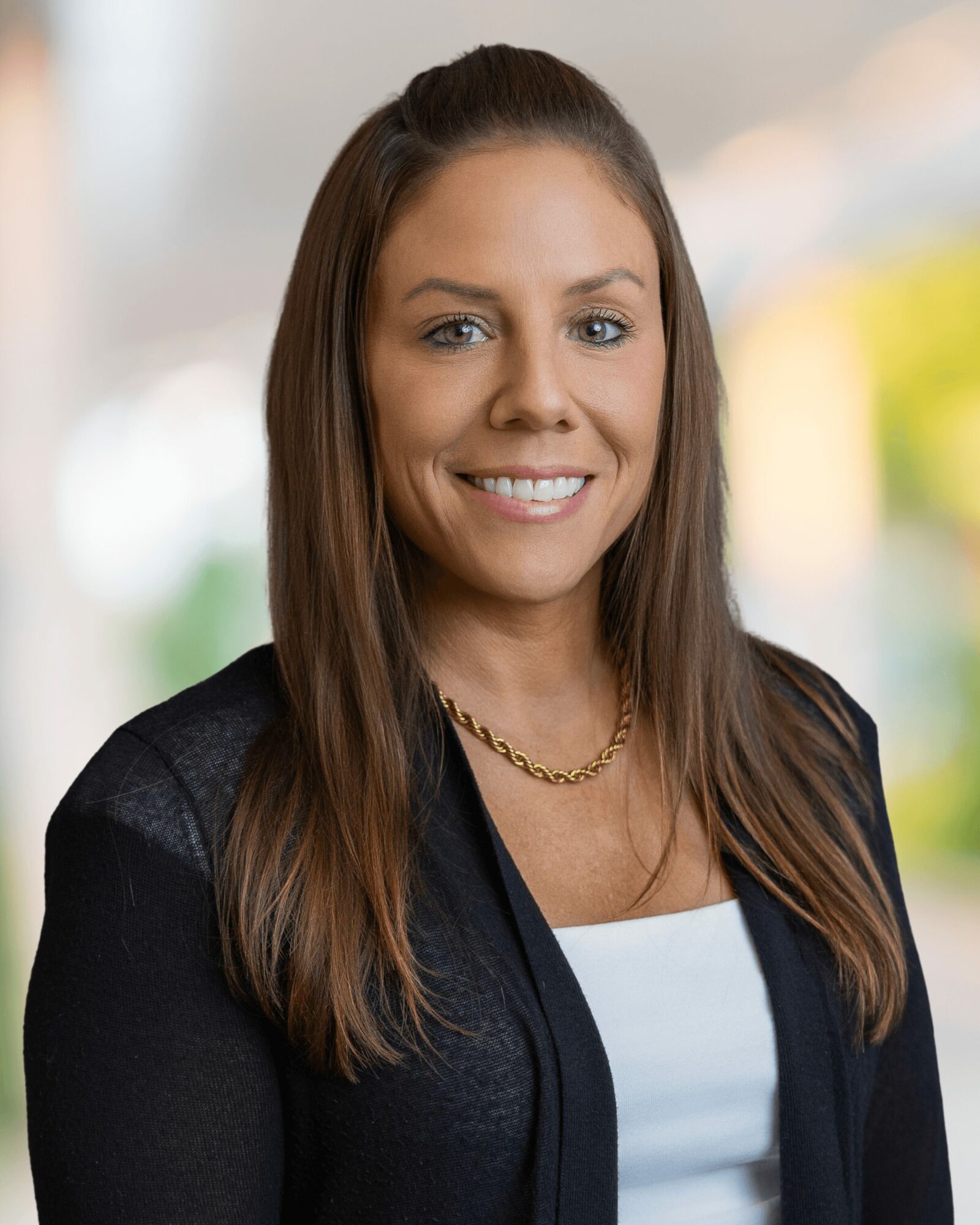

We’re looking forward to introducing you to Katherine Mayer. Check out our conversation below.
Hi Katherine, thank you so much for taking time out of your busy day to share your story, experiences and insights with our readers. Let’s jump right in with an interesting one: What are you most proud of building — that nobody sees?
What I’m most proud of building isn’t something you can easily see — it’s a culture. When I started Mayer Consulting at 28, I was a solo practitioner in a male-dominated field. Over the past 15 years, that one-woman operation has grown into a team of 11 women handling more than 150 active cases at any given time.
What people don’t see is the mentorship and training that happens behind the scenes. Our work in criminal defense investigation and mitigation is complex, emotionally heavy, and often misunderstood — you can’t just hand someone a case file and expect them to succeed. I’ve built a place where new investigators can learn the craft, ask questions, make mistakes, and be supported while developing the skills to do this work at the highest level.
The cases themselves may get the headlines, but the real accomplishment is the team that shows up for our clients day after day, doing work most people will never know about — and doing it exceptionally well. That’s what I’m most proud of.
Can you briefly introduce yourself and share what makes you or your brand unique?
I’m Katherine Mayer, and I’m the founder of Mayer Consulting, a criminal defense investigation and mitigation firm based in Austin, Texas, with a new office opening in Denver. I’ve been in this work for over 15 years, focusing on investigation, mitigation, and jury consulting in both death and non-death penalty cases.
What makes our work different is the way we combine fact investigation with a deep understanding of human behavior. We don’t just gather evidence — we look at the full picture of a client’s life and the circumstances that led them to where they are. That approach helps defense teams present a fuller, more accurate story in court.
Right now, I’m working on expanding into Colorado and building connections within the investigative community there. It’s an exciting chapter for our firm, and I’m looking forward to collaborating with local professionals who share a commitment to strong, thorough defense work.
Okay, so here’s a deep one: What’s a moment that really shaped how you see the world?
Early in my career, I worked on a case where a young man was facing the death penalty. I was new to this work, still figuring out my place, and I remember walking into his cell for the first time feeling like I had to “prove” I belonged there. Over the course of our conversations, he shared pieces of his life that no one had ever asked about — not because they weren’t important, but because no one had taken the time to listen.
That case taught me two things that have shaped my entire approach: first, that every person’s story is more complicated than the worst thing they’ve ever been accused of, and second, that trust is built through patience, not credentials. It’s a lesson I carry into every interview, every courtroom, and every training session with new investigators.
It’s easy in this line of work to focus on facts, timelines, and strategy — and those things matter — but that case reminded me that our job is also to see the humanity in people who are often written off completely. That perspective has guided me ever since.
Was there ever a time you almost gave up?
Oh gosh, yes — many times. When I started my firm at 28, I had no idea what I was getting myself into. I came from the public defender’s office and knew nothing about how to start, let alone run, a business. An attorney took a chance on me and gave me a caseload of extremely high-profile death penalty cases, so I had work — but I didn’t realize how much I would have to teach myself about being a self-starter.
I wasn’t prepared for how isolating it would be to work as a solo practitioner, and at that age, I didn’t yet feel confident or sure of myself. I barely knew who I was. That first year was rough.
There were plenty of moments when I questioned whether I was in over my head, but I kept pushing forward because I didn’t want to look back and question what could have been if I’d given up. Over time, I learned that running a successful business isn’t just about skill in your craft — it’s about learning to lead, make decisions, and trust your judgment, even when you’re still figuring yourself out.
Next, maybe we can discuss some of your foundational philosophies and views? What would your closest friends say really matters to you?
I think my closest friends would say that what matters most to me is integrity — doing what’s right even when it’s inconvenient or uncomfortable. In my work, that means standing up for clients whose stories are rarely heard in full, and making sure that our investigations and mitigation work are done thoroughly, no matter the case.
They’d probably also say I care deeply about helping people grow. Mentorship isn’t just a nice idea for me; it’s something I make time for, even when my schedule is packed. Whether it’s an investigator on my team or a colleague in the field, I want people to feel supported and equipped to do their best work.
At the end of the day, the cases will come and go, but the relationships you build and the way you treat people are what matters.
Before we go, we’d love to hear your thoughts on some longer-run, legacy type questions. What is the story you hope people tell about you when you’re gone?
My work is often seen as controversial. People in this field get asked all the time, “How do you sleep at night knowing your client is guilty?” I have strong, deeply rooted beliefs about what I do, and my answer has always been the same — justice is served when every person has the best defense possible.
I don’t believe the government should have the power to take people’s lives, especially when we know they get it wrong. My hope is that people will remember me as someone who stood firm in that belief, even when it was unpopular, and who brought integrity and compassion to every case.
I also hope they’ll understand that I can fight for someone accused of a crime and still hold space for victims and for justice. The two are not mutually exclusive. That balance is at the core of who I am and why I’ve devoted my life to this work.
Contact Info:
- Website: https://kmayerconsulting.com/
- Instagram: mayerconsultingtx
- Linkedin: https://www.linkedin.com/in/katherine-m-mayer-m-a-cli-ccdi-96938432/
- Facebook: https://www.facebook.com/MayerConsultingFirm
